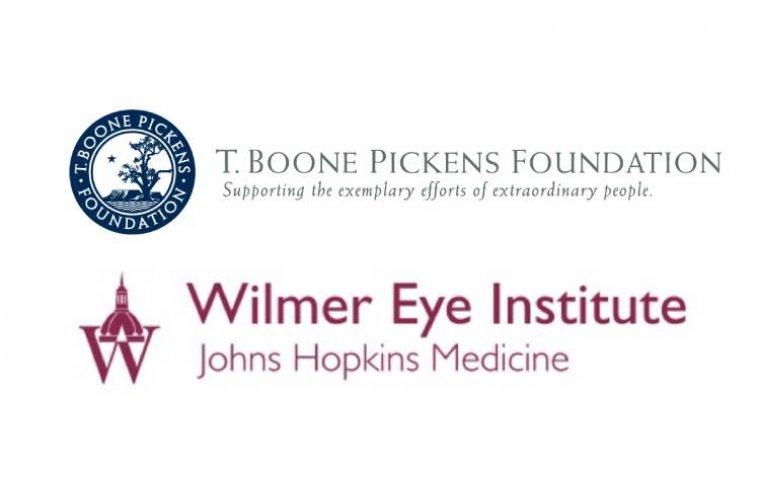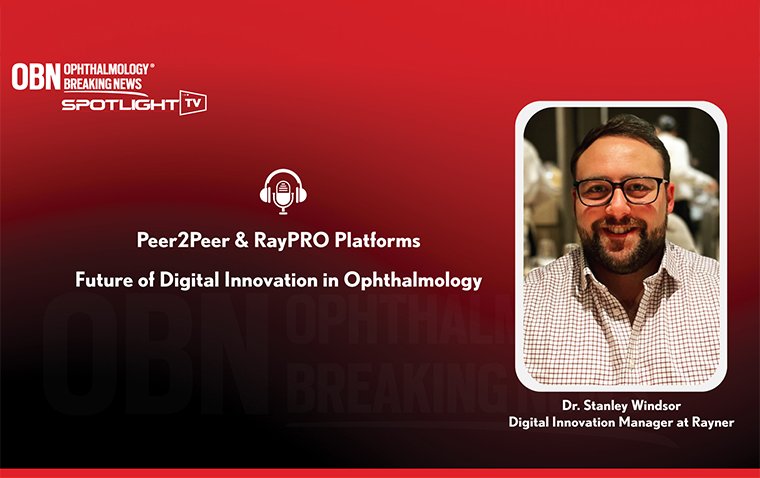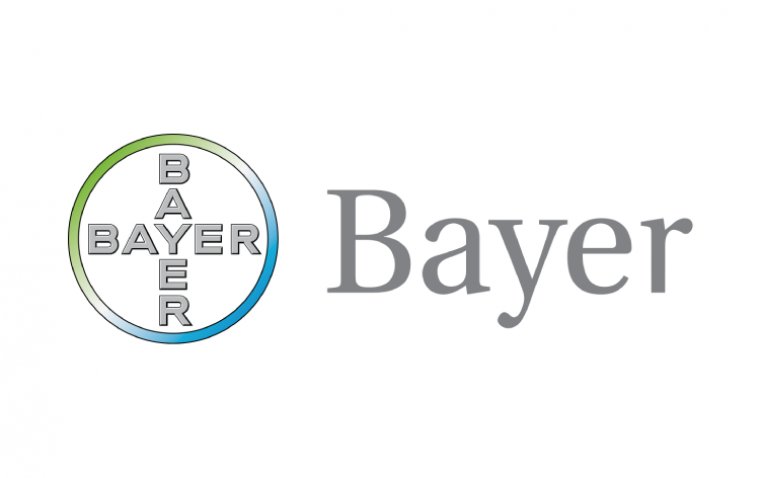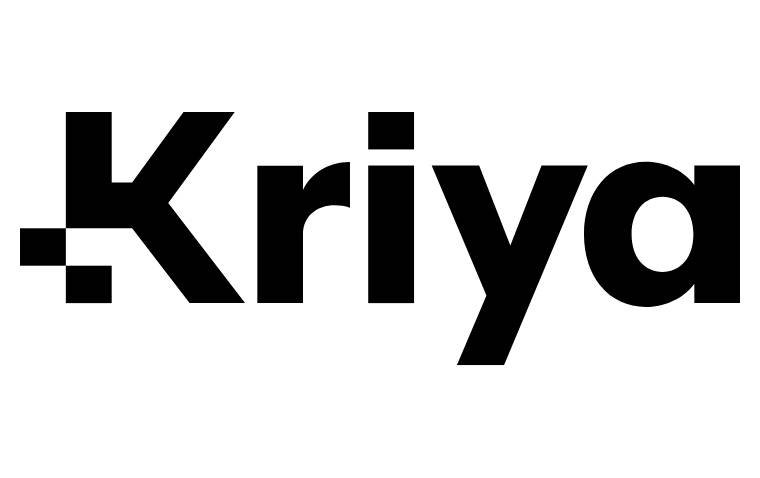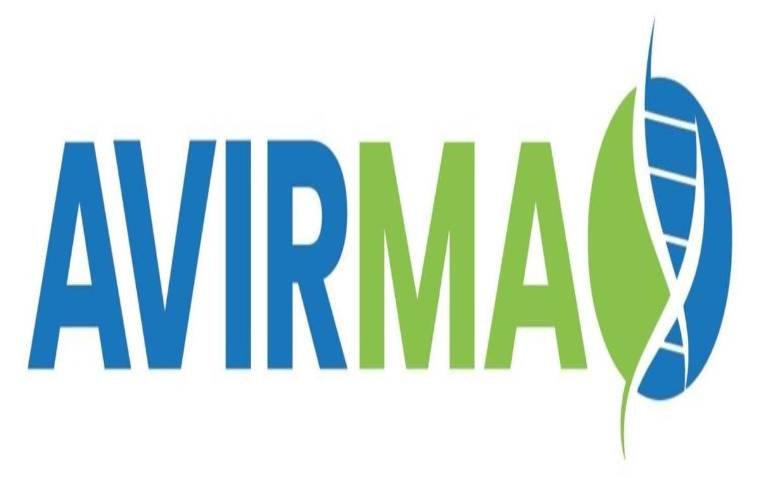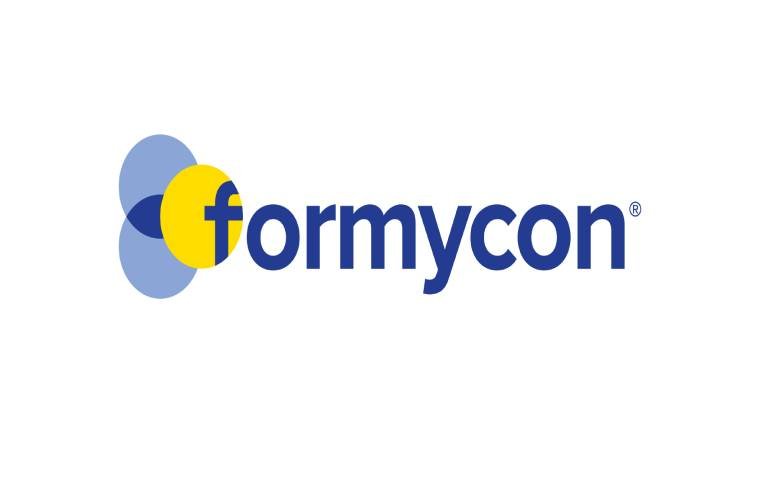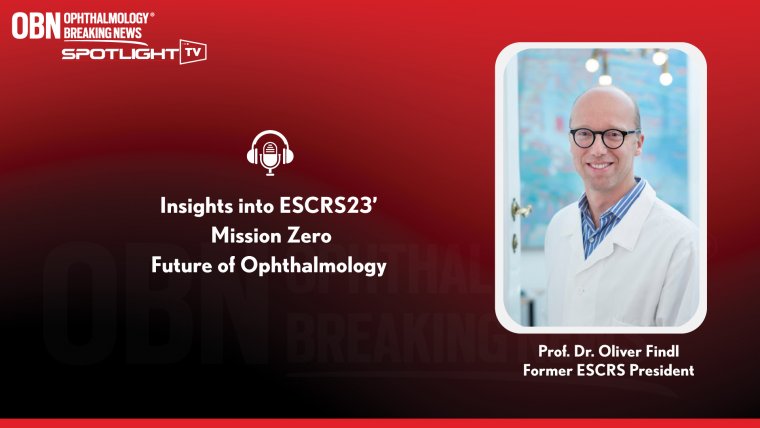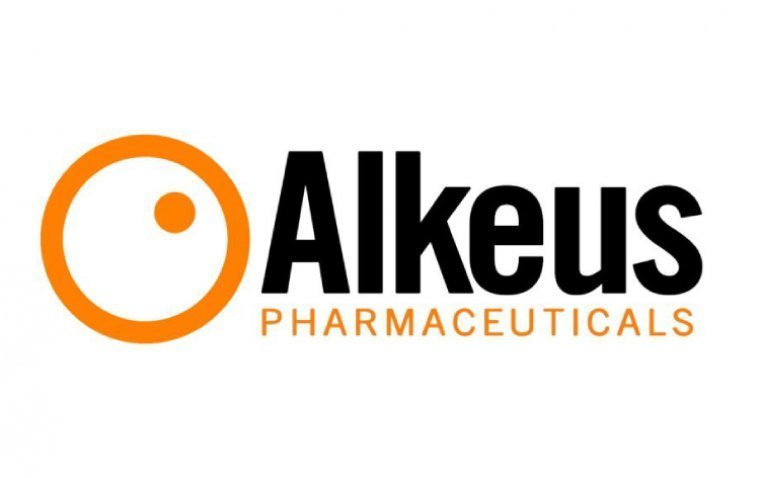
Alkeus Pharmaceuticals Reports Positive Interim Results for TEASE-3 Study of Gildeuretinol in Stargardt Disease
Alkeus Pharmaceuticals has announced promising interim data from the TEASE-3 study, highlighting the potential of gildeuretinol acetate to prevent disease progression in early-stage Stargardt disease patients. The results show stable vision and no progression of the disease over multiple years in patients receiving the once-daily oral therapy.
Transforming Stargardt Disease Treatment
“These dramatic results showing preservation of vision in early-stage patients highlight the potential of gildeuretinol to prevent children diagnosed with Stargardt disease from progressing to severe vision loss when therapy is started early,” said Michel Dahan, President and CEO of Alkeus Pharmaceuticals.
“With no approved treatment currently available, there is an urgent need to bring an option to patients. We plan to submit an NDA to the US Food and Drug Administration for gildeuretinol as a treatment for Stargardt disease as soon as possible in 2025 based on compelling data generated to date from our multi-study clinical program.”
TEASE-3 Study Results
Key Findings:
• Two additional patients completed 24 months of treatment, demonstrating:
- Prevention of disease progression.
- Stable vision throughout the study.
- A well-tolerated safety profile.
• Three original participants, on treatment for over seven years, continue to show no disease progression.
Study Design:
• TEASE-3, the first clinical trial for early-stage Stargardt disease, is an open-label study involving patients with early signs of disease visible on retinal imaging but no symptoms of vision loss.
• Assessments include:
- Fundus autofluorescence (FAF) imaging.
- Other outcome measures to track year-over-year progression.
• Primary Endpoint: Measure of disease progression after two years of treatment.
Patients completing the initial two-year period are eligible to continue treatment in an extension study. To date, the trial has enrolled seven patients.
TEASE Program Overview
The Tolerability and Effects of ALK-001 on Stargardt diseasE (TEASE) program comprises four clinical studies:
1. TEASE-1:
• A randomized, double-masked, placebo-controlled trial with 50 patients.
• Gildeuretinol reduced retinal atrophic lesion growth by 21.6% (P<0.001) and untransformed lesion areas by 29.5%.
2. TEASE-2:
• Ongoing, randomized, placebo-controlled trial with 80 patients in moderate stages of the disease.
• Topline data expected in 2025.
3. TEASE-3:
• Open-label study in genetically confirmed early-stage patients.
• Focuses on prevention of disease progression.
4. TEASE-4:
• Open-label extension study for long-term evaluation of gildeuretinol’s effects.
Conclusion
Gildeuretinol continues to demonstrate its potential to prevent severe vision loss in Stargardt disease, offering hope to patients with this progressive condition. With plans to submit an FDA New Drug Application in 2025, Alkeus Pharmaceuticals is poised to deliver the first approved treatment for Stargardt disease, transforming care for children and adults affected by this rare disease.
(1).jpg)

